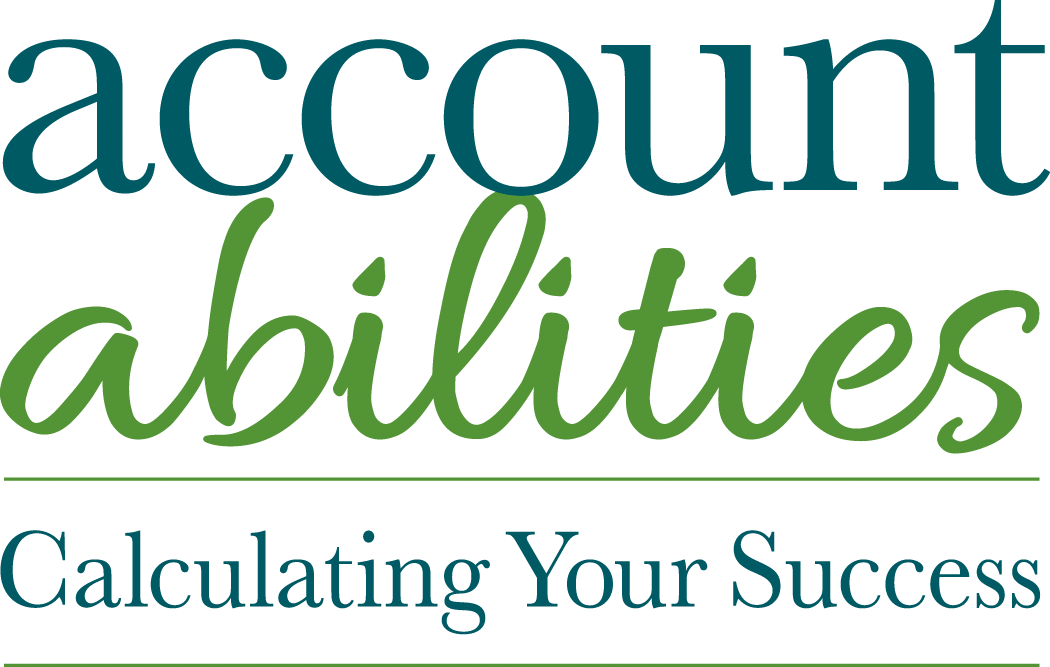You are starting a new business and have heard you can deduct expenses on your tax return. This begs the questions: What are business expenses? Business expenses are the costs incurred to run your business.
The IRS states to be deductible: the expense must be ordinary and necessary.
What we find to be necessary may be different from the IRS’s version of “necessary”. Kind of vague – isn’t it? They go on further to say ”An ordinary expense is one that is common and accepted in your industry. A necessary expense is one that is helpful and appropriate for your trade or business.”
Got it? Or is it clear as mud?
Now we come upon another question: How will the IRS know if my expenses are ordinary and necessary?
Great question!
When you file your tax return, you enter a NACIS code, identifying what type of business you are. The IRS then has specific items that they expect to see. If you submit different expenses or expenses that are higher than they expect, you will be flagged. This does not guarantee that you will be audited, but it does increase the chances. It really doesn’t matter how clean you are, no one wants an audit. They are stressful, time intensive and can be expensive.
When you can deduct business expenses depends on several factors: whether you are an accrual or cash basis taxpayer, what type of business you are, if related parties are involved, when the item was placed into service and so on.
It sounds fairly complicated and it can be, but let’s see if we can make it easier to understand.
Keep in mind that we focus on new businesses, and for the most part, they do not need every “if and then” type of situation. It is always smart to chat with an accountant to make sure you understand all of the ins and outs of your business.
Let’s begin with defining the cash basis and accrual basis of accounting.
When you are a cash basis taxpayer, you claim the expense when you pay it and claim the income when you receive it. This is the easiest method of accounting.
If using accrual basis, you claim the expense when you incur it and claim income when you invoice it. There are certain businesses that are required to use the accrual method: businesses that carry inventory and businesses with annual revenue exceeding 5 million.
There are benefits to both methods, but as mentioned above, most small businesses utilize cash basis accounting. Now, we have totally simplified both of these methods of accounting. You can find a lot more in-depth information if you are interested by visiting www.irs.gov.
As a general rule, anytime you do business with a related party special rules apply to almost everything. For purposes of when to claim expenses, if you are an accrual basis taxpayer you are not allowed to claim the expense until it has actually been paid if the related party utilizes cash basis method of accounting. As you get into more complicated items, we cannot stress enough to speak to a professional.
We mentioned above that you cannot claim an expense until it is placed in service. This applies to all business owners, but we find that it really trips up our new businesses. If you have incurred expenses with starting a business where the business has actually not started, then you have to capitalize all of those expenses. This means you have to add up everything you spent to get started, you can write off the first $5000 and then you have to amortize the remaining amount over 15 years.
For example: If you spent $35,000 to get the doors open for your new business, you can write off $5000 the first year and then $2000 for the next 15 years. Most people do not understand this and are infuriated that they do not get the tax deduction that they believe to be entitled to. The deduction is not lost, instead it is spread out.
This rule still applies to existing businesses as well, but a bit differently. Prepayments are not allowed to be taken when paid, but allocated to the proper time period. For example: prepaying insurance for 3 years means you take 1/3 of the cost for three years. The other way it can apply is if you purchase an asset and do not place it into service until the following year. For example: A business purchases a work truck on 12/31 and drives it home and parks it. The truck is used for business on January 3rd for the first time. You have to wait until the new year to take the expense. To avoid this, make sure you drive your new truck on December 31st for business and document it.
So, let’s dig into some of the most standard expenses.
Retirement Plan contributions – As a business owner, your business retirement plan is reported on the Schedule 1.
Advertising & Marketing – Money spent to promote your business.
For example: business cards, website, Social Media Advertising.
Professional Expenses – Fees charged by an expert in their field for services provided to the business.
For example: Accounting, Attorney, Copywriter, Designer
Office Supplies – Items needed in the office to run your business.
For example: pens, paper, printer ink, envelopes, postage
Cell Phone – It is common for new businesses to use their personal cell phone to get the business up and running. You are allowed to deduct the business percentage use of the cell.
For example: If you have a family plan, find the cost of your line and multiply it by how much you use it for business.
Equipment – Purchasing equipment with an intended use of greater than a year. There is no dollar amount assigned to whether an item should be classified as equipment or a supply. This depends on the business and industry, but as a general rule I place items that exceed $150 in equipment.
For Example: A specialty saw for a contractor would be classified as equipment and a ladder would be classified as a supply.
Furniture & Fixtures – These are items that are used to usually furnish an office.
For example: Desks, filing cabinets, shelving
Travel – Costs to travel away from home for the purpose of conducting business-related activities.
For example: Lodging to close a business deal, airfare to attend an educational seminar
Travel Meals – The amount you paid for meals while traveling for business. These need to be separately stated then.
For example: Dinner while waiting on your return flight home from attending a business seminar
Meals – The cost of food and beverages, including taxes and tips. Meals are required to have a business purpose. There is no business purpose if you stop for lunch at Burger King if you are out running around for business.
For example: Coffee with a colleague to discuss how you two can better share business.
Contract Labor – money paid to independent contractor’s services provided. Please note that a 1099-NEC may need to be issued for the independent contractor.
For example: You own a Social Media site and have employees, but from time to time need additional help with writing. You may pay a writer for a piece he/she has written on a specific topic.
Licenses – Required licenses in order to produce the product/service for your business.
Insurance Expense, other than health insurance – this includes professional liability, general liability, cyber and etc. You are allowed to deduct health insurance paid on behalf of your employees under employee benefits and your health insurance on Schedule 1 of the 1040.
Rent Expense – You can deduct the amount you pay to rent space for the business. Different rules may apply if you are paying a related party and/or yourself.
Equipment Rent/Lease – payments for the right to use equipment needed by the business.
For example: Copier lease, renting a U-Haul to get products from one location to the next.
Supplies – Supplies needed for the business that are not classified as office supplies.
For example: cleaning company may have sponges, buckets and mops as supplies
This is not an exhaustive list, but a good start to get you on the right track! We highly recommend including an accountant in the Circle of Trust for your business. There are so many nuances to owning a business, it’s worth the investment to have expert advice.
Click HERE for a more detailed list of deductions . If you have any questions, please reach out to us at hello@acctable.com. We are here year round and happy to answer your questions!


